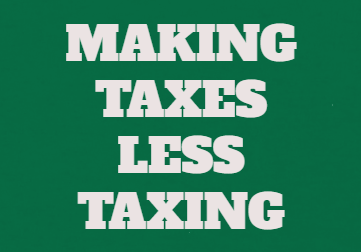

By Sunil Garodia
First publised on 2021-09-13 07:05:04
The Supreme Court is spot on in saying that a tax regime must be well-defined and certain with no room for presumption to ensure compliance, maximization of revenue and minimization of litigation. The court said that "it needs to be observed here that in the taxation regime, there is no room for presumption and nothing can be taken to be implied. The tax an individual or a corporate is required to pay is a matter of planning for the taxpayer and the Government should endevour to keep it convenient and simple to achieve maximization of compliance." India ranks 37th out of 57 countries in the Tax Complexity Index.
In India, the problem is that even though the government is committed to tax reforms and there have been major reforms from the nineties onwards, the plethora of exemptions and deductions create a system that is complex, open to different interpretations and leads to litigation. Further, tax officials are given to take arbitrary decisions when allowing or disallowing these exemptions and deductions in various cases and nothing is certain due to the complex nature of the tax laws.
To make the laws simple, it is necessary to do away with all such deductions and exemptions. To compensate the taxpayer, the threshold for tax free income should be increased. The only problem in this changed system will be that savings will not be channelized in certain specified instruments like life insurance, public provident fund etc. which are attractive avenues for savings mainly because they provide tax breaks. But one thing is sure: doing away with exemptions and deductions will reduce complexity and ensure better compliance as well as reduce litigation.
As of now, the tax payer and the tax department are pitted as adversaries. This has to change. But this can only change, as the Supreme Court has rightly said, when the tax laws are simple and certain, leaving no room for presumption. The onus is upon the government to design laws that tax incomes in such a way that the taxpayer does not feel threatened and the tax officials do not treat them as cheats and fraudsters out to deprive the sarkar of its rightful revenue.











